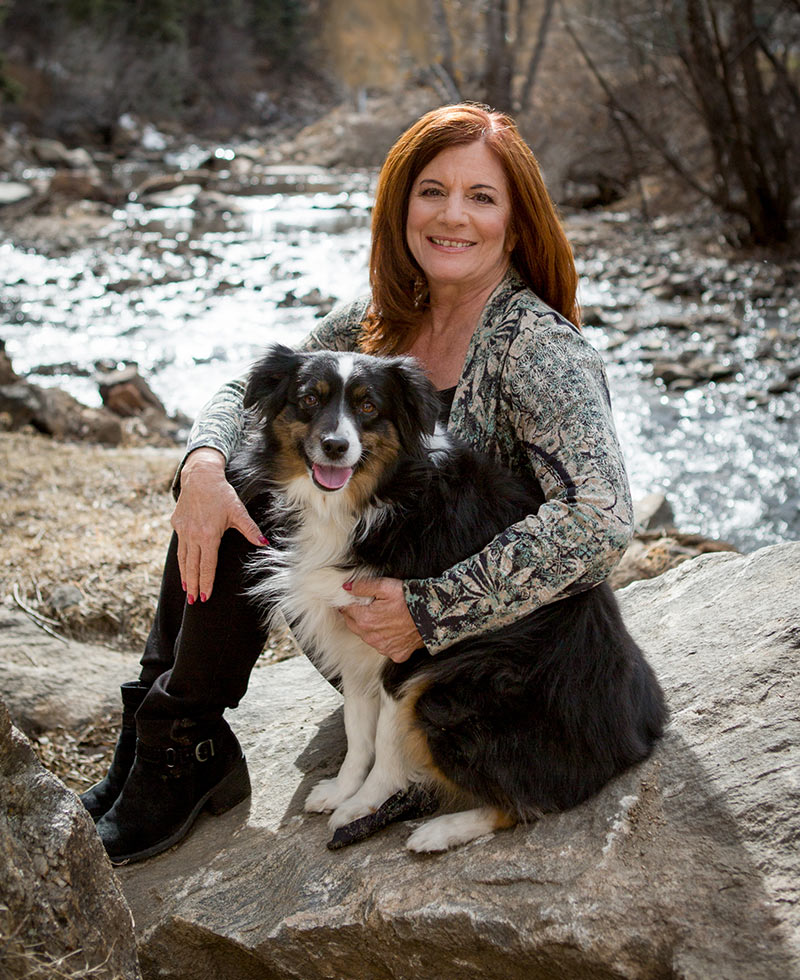Aging is a natural process that everyone experiences, yet it’s often accompanied by a host of misconceptions and stereotypes. From beliefs about inevitable decline to assumptions about what it means to grow older, these aging myths can shape our perceptions and influence how we approach aging. In this blog post, we’ll debunk some of the most aging myths and explore the reality behind them.
Myth 1: Aging Means Decline
Reality: While it’s true that certain aspects of physical and cognitive function may change with age, aging does not necessarily equate to decline. Many older adults lead active, fulfilling lives and continue to thrive in various aspects of life, from career pursuits to personal interests. With advancements in healthcare and lifestyle choices, it’s possible to maintain health and vitality well into old age.
Do you plan for your financial future? If so, you realize that putting habits in place for money and saving reaps benefits in the future. This is also true if we are going to plan for healthy aging. Most important is working on lifestyle changes in activity and health.
I do yearly planning for me that aligns with my goals. This year continues to be on health. Small changes to start on diet, exercise, and working with my doctor to make sure I know areas of challenge physically are important.
Myth 2: Memory Loss is Inevitable
Reality: While it’s normal to experience some mild forgetfulness as we age, significant memory loss is not an inevitable part of getting older. In fact, research shows that staying mentally and socially engaged can help preserve cognitive function and reduce the risk of conditions like dementia. Strategies such as staying physically active, challenging the brain with puzzles or new skills, and maintaining social connections can all support cognitive health as we age.
Think about taking some courses online or going to a class in your community. Exercise also gets the blood flowing. Memory does change but decreasing stress will help. Also make sure you find ways to take notes, which can help you augment your memory.
Myth 3: Older Adults Are Technologically Challenged
Reality: Contrary to popular belief, older adults are increasingly embracing technology and incorporating it into their daily lives. From smartphones to social media platforms, many seniors are eager to learn and adapt to new technologies to stay connected with loved ones, access information, and engage in online communities. With user-friendly devices and resources tailored to older adults, technology is becoming more accessible to people of all ages.
I love technology! I do get extra help when I need to when I have trouble using it. Check in with your local library. They often have resources and classes you might take. In addition, libraries are great sources of information in your community for help if you need it.
Myth 4: Aging Means Loneliness
Reality: While social isolation can be a concern for some older adults, many seniors maintain active social lives and strong support networks. Community organizations, senior centers, religious groups, and volunteer opportunities offer opportunities for older adults to connect with others, pursue shared interests, and contribute to their communities. Additionally, technology provides avenues for staying connected with friends and family, even if they’re physically distant.
You do have to work to help increase connections. Loneliness is unhealthy. Even if you are an introvert, having some connection with others is protective. Some of the easiest ways are checking out volunteer opportunities where you can be with people consistently.
Rotaries and other organizations have become great ways to meet new people involved in your community. Try things out and find out what works for you.
Hobbies are another way to find people who have similar interests. Art classes, woodworking, music, and many activities are ways to find new people in your life.
Myth 5: It’s Too Late to Pursue New Goals
Reality: Age should never be a barrier to pursuing new goals, hobbies, or passions. Whether it’s learning a new language, starting a business, or traveling the world, there’s no expiration date on personal growth and fulfillment. In fact, many people find that retirement offers newfound freedom and opportunities to explore interests they may have set aside earlier in life. Embracing new challenges can provide a sense of purpose and excitement at any age.
Debunking common misconceptions about aging is essential for promoting a more accurate and positive view of growing older. By challenging these myths and embracing the realities of aging, we can cultivate a culture that values and supports individuals of all ages in living their best lives.
Stay tuned for more insights on healthy aging and strategies for thriving as we journey through life’s later stages. Remember, age is just a number, and the best is yet to come!


